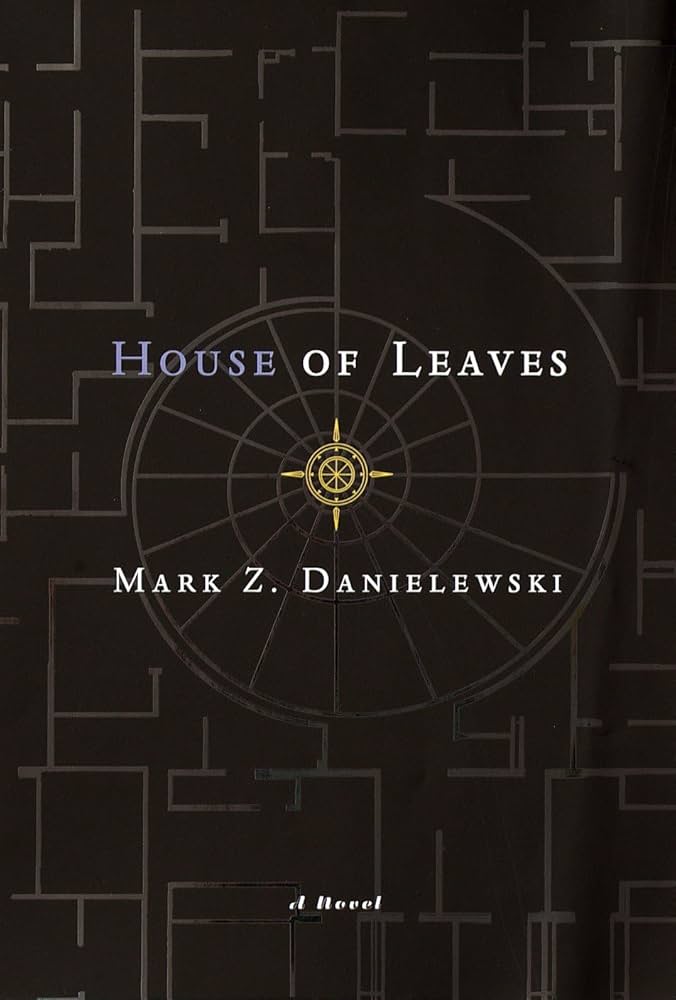Author: Mark Z. Danielewski
Genre(s): Epistolary fiction, horror, psychological thriller
Page Count: 736
Release Date: March 7, 2000
Often, a limit exists on how much a reader can interact with any given book. Of course, words can be interpreted, worlds can be built and characters can be given a face, but the liberty at which any given reader can experience a book extends not far beyond these actions. Mark Z. Danielewski’s “House of Leaves” shatters all these barriers and allows readers to immerse themselves completely within its worlds.
“House of Leaves” follows protagonist Johnny Truant and his descent into madness as he investigates the Navidson Record, a manuscript left by Truant’s deceased neighbor Zampanò. The Navidson Record is a homemade documentary that follows journalist Will Navidson as he explores a room in his house that defies the laws of reality. The story is formatted mainly as a collection of academic writings with footnotes and references written by Truant and Zampanò that direct readers to different sections of the book. Readers must determine for themselves what (if anything) is true as several inclusions cast doubt onto the existence of Will Navidson, Zampanò and even Truant himself. Also included are extensive allusions such as songs, Shakespeare, mythology and popular culture, letting readers further analyze the story’s events and meanings. The nonlinear format, unreliability of narrator(s) and allusions give readers a sense of interaction not present in other literature.
The experimental and complex nature of “House of Leaves” does present its problems. This book is intentionally designed to make readers feel lost, and it succeeds. The ways readers make their way through the book can so vastly alter their experience that entire online discussions offer the “best” way to experience it. Readers who aren’t looking for a book that demands interpretation and effort would likely find the “House of Leaves” format frustrating, confusing and tedious. Truant’s sections also contain numerous depictions and accounts of sex that are frankly disgusting, demeaning and downright pornographic. An argument exists that these inclusions are included for a reason; they are manifestations of Truant’s fantasies and his loosening grip on sanity. However, these arguments don’t change the fact that many readers will find these sections distasteful.
Reading “House of Leaves” requires commitment, but I believe this effort is worth it. This book’s complex and tedious nature utterly immerses readers in a narrative that will have them questioning everything they have been told. “House of Leaves” is one of a kind and challenges everything readers think they know about literature. What do you know?
If you have any book recommendations, send them to @justkierce on Instagram.







